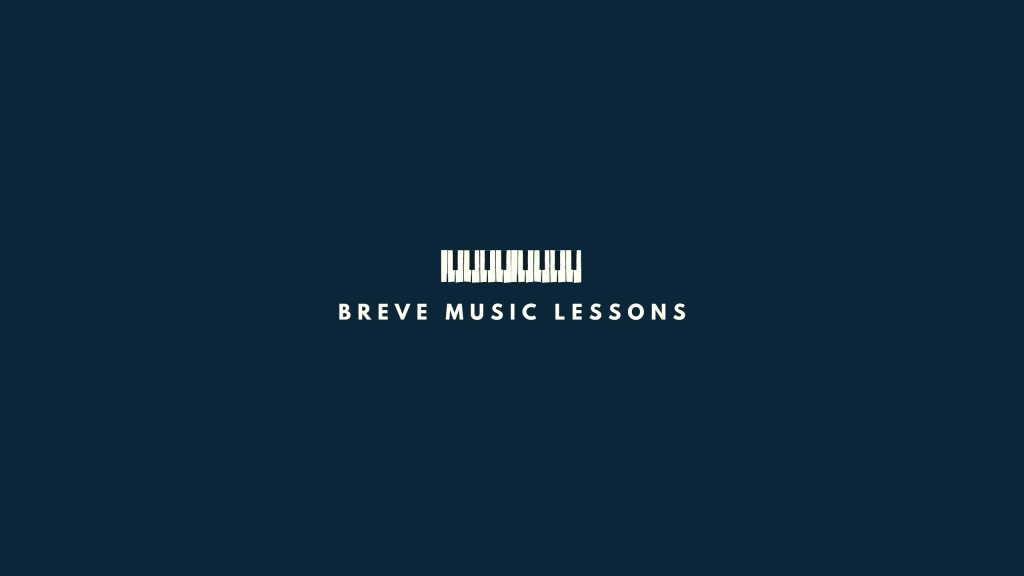Table of Contents
Best Music Theory Courses in 2024
As the world of music continues to evolve, understanding the fundamentals of music theory becomes increasingly essential for aspiring musicians, composers, and producers. In 2024, a plethora of online music theory courses are available, catering to various skill levels and interests. Whether you are a beginner looking to learn music theory or an experienced musician aiming to refine your skills, this article will guide you through the best online music theory courses, the fundamentals of music theory, and how these courses can enhance your songwriting abilities.

What are the Best Online Music Theory Courses Available in 2024?
Overview of Popular Music Theory Courses
In 2024, several online platforms offer exceptional music theory courses that stand out for their comprehensive content and engaging teaching methods. Notable among these are the Berklee College of Music and Coursera, which provide structured programs that cover everything from the basics of music notation to advanced concepts like seventh chords and harmonic analysis. These courses are designed to cater to a wide range of learners, ensuring that anyone can find a suitable option to enhance their understanding of music theory.
Key Features of Top Music Theory Courses
The best music theory courses typically include interactive elements such as quizzes, video lectures, and practical assignments that encourage students to apply their knowledge. Features like ear training exercises and rhythmic practice are also common, helping learners develop a well-rounded understanding of music. Additionally, many courses offer access to a community of fellow students, allowing for collaboration and discussion, which can significantly enhance the learning experience. The integration of real-world examples, particularly in popular music and electronic music, helps students relate theoretical concepts to the music they love.
How to Choose the Right Music Theory Course for You
When selecting an online music theory course, consider your current skill level and specific goals. Beginners may benefit from introductory courses that cover the fundamentals of music, such as key signatures and time signatures, while more advanced students might seek out courses that delve into complex chord progressions and melodic structures. Additionally, look for courses that offer flexibility in learning pace, as this can be crucial for balancing studies with other commitments. Reading reviews and exploring course previews can also provide valuable insights into the course content and teaching style.
What are the Fundamentals of Music Theory?
Understanding Key Signatures and Time Signatures
Key signatures and time signatures are foundational elements of music theory that every musician should understand. A key signature indicates the scale upon which a piece of music is based, dictating which notes are sharp or flat. This understanding is crucial for reading music and performing accurately. Time signatures, on the other hand, define the rhythmic structure of a piece, indicating how many beats are in each measure and what note value receives one beat. Mastering these concepts allows musicians to interpret and perform pieces of music with greater accuracy and confidence.
Introduction to Chords and Chord Progressions
Chords are the building blocks of harmony in music, and understanding how to construct and utilize them is essential for any musician. A triad, for example, consists of three notes played together, forming the basis for many popular music compositions. Chord progressions, which are sequences of chords played in succession, create the harmonic foundation of a piece. Learning to recognize and create effective chord progressions can significantly enhance your songwriting skills, allowing you to craft compelling melodies and harmonies.
Exploring Melodic and Harmonic Concepts
Melodic and harmonic concepts are integral to music theory, providing the tools necessary for effective music composition. Melodic concepts involve the creation of memorable melodies, while harmonic concepts focus on the relationships between different chords and how they interact within a piece. Understanding these concepts allows musicians to create more dynamic and engaging music, whether they are composing a new piece or analyzing existing works. The interplay between melody and harmony is what makes great music resonate with listeners, and a solid grasp of these concepts is essential for any aspiring composer.
Are There Free Music Theory Courses Available Online?
Top Platforms Offering Free Music Theory Lessons
For those looking to learn music theory without financial commitment, several platforms offer free music theory courses. Websites like Coursera and various educational YouTube channels provide access to high-quality lessons that cover a wide range of topics. These resources often include video tutorials, worksheets, and interactive quizzes, making it easy for learners to engage with the material. Additionally, many music schools and universities offer free introductory courses that can serve as a great starting point for anyone interested in music theory.
Benefits of Free Music Theory Courses
Free music theory courses offer numerous benefits, particularly for beginners. They provide an accessible way to explore the fundamentals of music without the pressure of financial investment. This allows learners to experiment with different aspects of music theory, from reading music to understanding chord progressions, at their own pace. Furthermore, many free courses are designed to be user-friendly, making them suitable for individuals with varying levels of prior knowledge. The flexibility of online learning also means that students can revisit lessons as needed, reinforcing their understanding of key concepts.
Limitations of Free Music Theory Resources
While free music theory resources are valuable, they do come with certain limitations. Often, these courses may not offer the same depth of content or personalized feedback as paid options. Additionally, free courses may lack the structured curriculum that helps guide learners through more complex topics. As a result, students may find themselves needing to supplement their learning with additional resources or eventually transitioning to paid courses for a more comprehensive understanding of music theory. Despite these limitations, free courses can still serve as an excellent introduction to the world of music theory.
How Do Online Music Theory Courses Enhance Songwriting Skills?
Applying Music Theory to Composition
Online music theory courses provide invaluable insights into how music theory can be applied to composition. By learning about chord structures, melodic development, and harmonic relationships, songwriters can create more sophisticated and engaging pieces of music. Understanding the fundamentals of music theory allows composers to break free from traditional patterns and experiment with new ideas, leading to innovative and unique compositions. This knowledge empowers musicians to make informed decisions in their songwriting process, ultimately enhancing their creative output.
Understanding Cadence and Phrases in Songwriting
Cadence and phrases are crucial elements in songwriting that dictate the flow and emotional impact of a piece. A cadence marks the end of a musical phrase, providing a sense of resolution or anticipation. By mastering different types of cadences, songwriters can manipulate the emotional response of their audience. Additionally, understanding how to structure phrases within a song can lead to more cohesive and compelling compositions. Online music theory courses often delve into these concepts, equipping songwriters with the tools they need to craft memorable and impactful music.
Using Chord Progressions in Popular Music
Chord progressions are a fundamental aspect of popular music, and online music theory courses can help songwriters understand how to effectively use them in their compositions. By studying common chord progressions found in various genres, musicians can learn how to create catchy hooks and memorable choruses. The ability to manipulate chord progressions allows songwriters to evoke specific emotions and create a unique sound that resonates with listeners. This knowledge is particularly beneficial for those looking to break into the music production scene, as it provides a solid foundation for creating great music.
What Should You Expect from a Music Theory Course Curriculum?
Typical Course Content in Music Theory Courses
Music theory courses typically cover a wide range of topics, starting with the basics of music notation and progressing to more advanced concepts such as harmonic analysis and counterpoint. Students can expect to learn about key signatures, time signatures, chords, and scales, as well as more complex topics like modulation and form. Many courses also incorporate practical exercises that encourage students to apply their knowledge in real-world scenarios, such as composing original pieces or analyzing existing works. This comprehensive approach ensures that learners develop a well-rounded understanding of music theory.
Intermediate Music Theory Topics to Explore
For those who have mastered the basics, intermediate music theory topics offer an opportunity to deepen their understanding. Subjects such as seventh chords, modal interchange, and advanced rhythmic concepts can significantly enhance a musician’s compositional skills. Exploring these topics allows students to experiment with more complex harmonic structures and develop a unique musical voice. Online music theory courses often provide pathways for learners to explore these intermediate concepts, ensuring that they continue to grow and evolve as musicians.
Assessments and Projects in Online Music Theory Courses
Assessments and projects are integral components of online music theory courses, providing students with opportunities to demonstrate their understanding and apply their knowledge. These may include quizzes, written assignments, and practical projects that require students to compose original pieces or analyze existing music. Feedback from instructors can be invaluable, helping learners identify areas for improvement and refine their skills. Engaging in these assessments not only reinforces the material but also prepares students for real-world applications of music theory in their future endeavors.
Additional Reading
More blog posts can be found here. Consider following Breve Music Lessons on Facebook.
